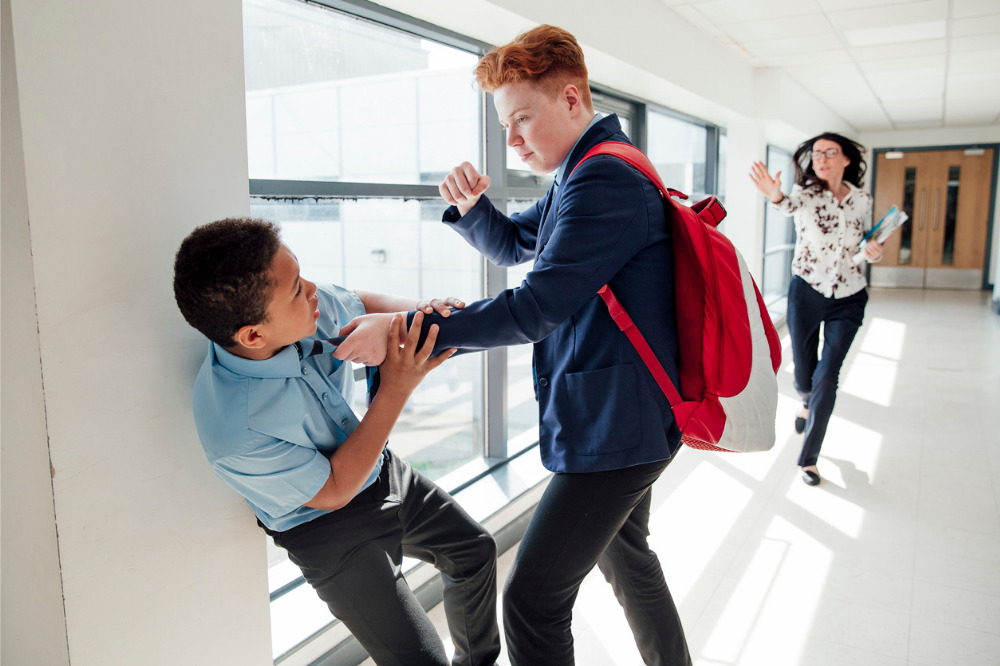
A Senate inquiry into classroom disruption in Australian schools has called for fundamental changes to how teachers approach classroom management.
The final report, titled ‘The issue of increasing disruption in Australian school classrooms’, reveals school staff are dealing with verbal abuse and physical aggression from students on a frequent basis.
“Almost weekly, my colleagues and I are handling more and more violent and hostile students, frequently being called names and the blame will often land on the teacher,” the report quoted one teacher as saying.
The issue is particularly pronounced in schools with high levels of economic and educational disadvantage, where teachers struggle with stress, potentially leading to post-traumatic stress disorder (PTSD) from extreme incidents.
"Working in a school with high levels of economic and educational disadvantage, I have seen teachers being refused stress leave because of being caught in violent brawls,” another teacher reported.
The report found the impact of such disruptive behaviour on teachers' mental health and job satisfaction is significant, suggesting the need for principals to focus on support systems and resources for teachers facing these challenges.
A survey published by Monash University last year showed 24.5 per cent of teachers were feeling unsafe at work, up from 18.9% in 2019. This was primarily attributed to threatening, abusive and aggressive behaviour from students.
It is estimated teachers spend 15% of lesson time dealing with poor behaviour, with inadequate teacher training hampering the ability of many teachers to manage disruption.
‘Behaviour curriculum’ needed
To address these issues, the inquiry called for students to be taught these behaviours via a new “behaviour curriculum”.
“[It would] explicitly teach behaviour to help students understand their school's behavioural expectations and values, allowing them to navigate their school's social environment successfully while ensuring that the best possible learning climate is achieved,” the Senators said.
If the letter’s recommendations are adopted by the Federal Government, it will need to negotiate with state and territory leaders to implement the changes.
Shadow Minister for Education, Sarah Henderson said disruptive classrooms are causing student outcomes to decline, and called for “urgent action” from the Albanese Government.
“With one in three Australian students failing NAPLAN, this report confirms urgent action is required by the Albanese government to combat classroom disruption,” Senator Henderson said.
“Students cannot learn in a disruptive environment and hardworking teachers must have the training and resources to adequately manage poor classroom behaviour.”
Greens spokesperson on Education (Primary & Secondary), Senator Penny Allman-Payne said the report “offers no answers for teachers or disadvantaged kids”.
“We should be addressing the causes of disadvantage and properly resourcing our schools so that teachers have the time to plan properly and provide proper support to every student,” she said.
“The Liberals can bang on all they like about the curriculum and ‘evidence-based instruction’, but it’s all beside the point while kids are coming to class on an empty stomach or sweltering in demountables, and teachers do not have the capacity to give disabled students the care and attention they need and deserve.”


